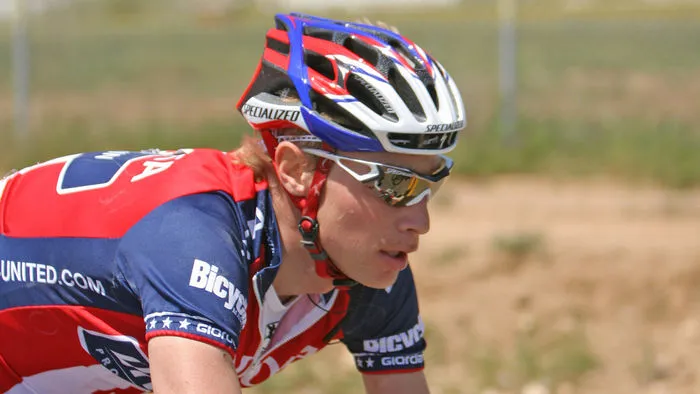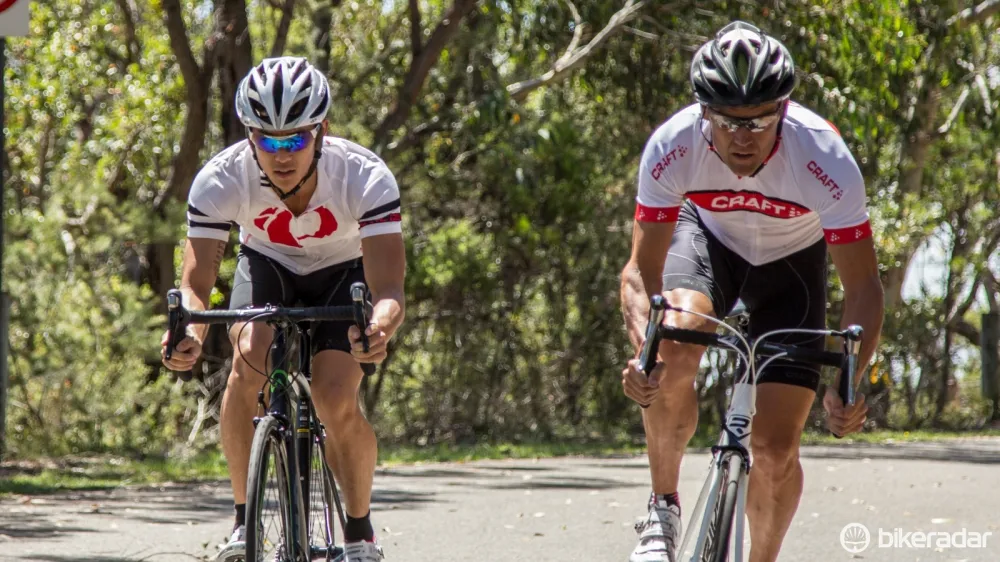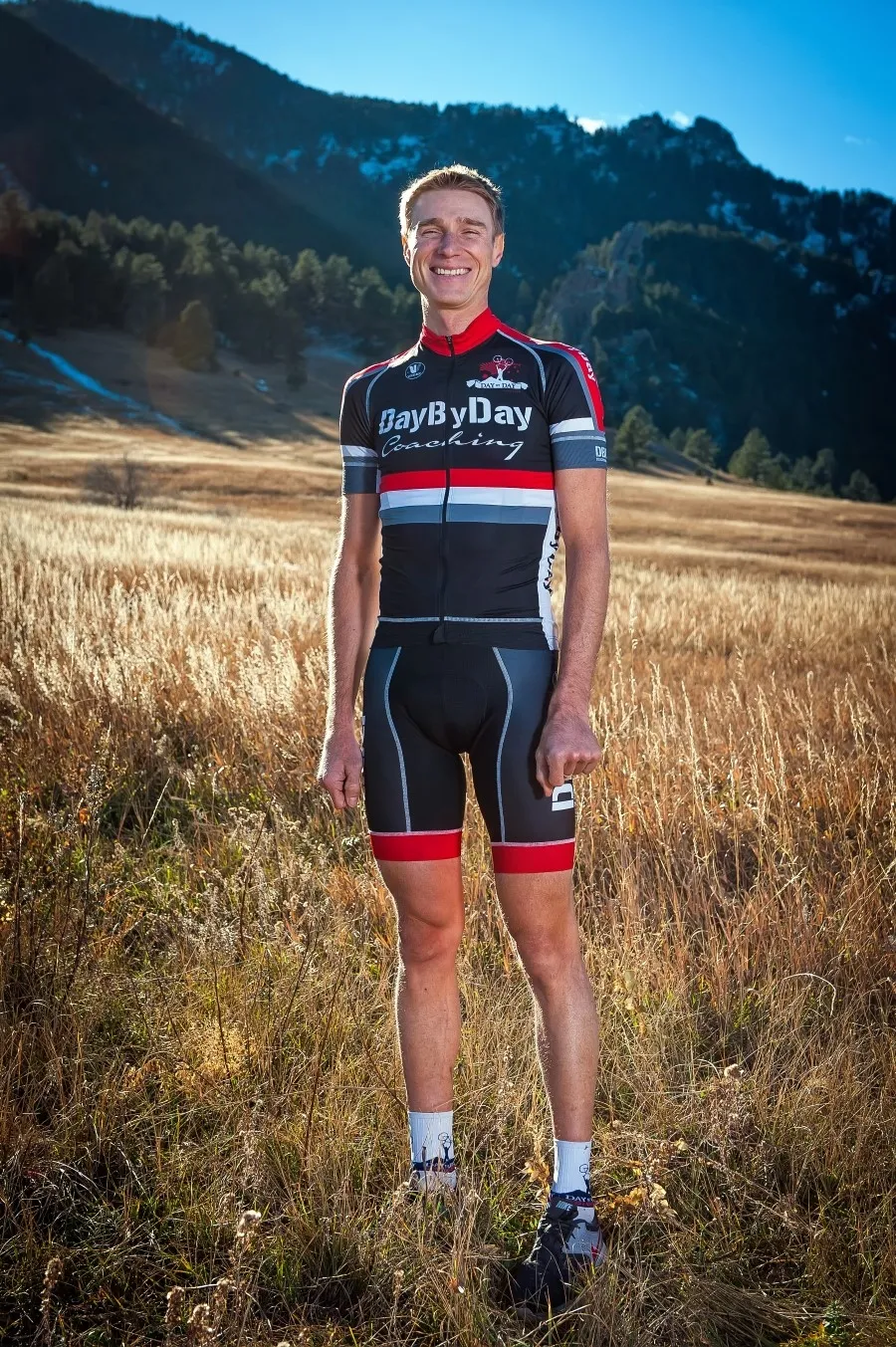Performance and success in cycling can be elusive. Despite advances in technology, physiology and training concepts, we humans are still only, well, human! There is more to success than perfect training – mental strength is also an essential ingredient.
Whether it is surviving a bad day, tolerating pain or being objective enough to make an easy day truly easy, having a strong mind is key. Cycling is hard, and it is best to accept this. On the other hand, having a few tricks up your sleeve to boost your mental strength can really help you attain the performances you desire.
Here, Chris Baldwin of DayByDay Coaching offers nine tips for winning the mental battle.
Don't forget to check out more of our Training Day by Day features.
Expect good things to happen
It may seem obvious, but it is essential to open yourself up to the idea of success in order to experience it. As a sometimes cynical person, this was a challenge for me, but I learned that even when the going gets tough, great things can happen if you keep your head in the game. I learned this from Chris Wherry, a professional national road champion and an eternally positive force to be around. After I was dropped at the queen stage of the Tour of Utah one year, Chris kept me pumped and positive, and I managed a victory the next day in downtown Salt Lake City.
Purpose drives action
Use your target or goal as the 'light at the end of the tunnel' to get you through tough morning trainer rides and workouts. Training is easier when your reason why is at the front of your mind.
Trust the process
Make a good plan, and don’t waste energy doubting it. Improvement is rarely linear, and it takes time. Stick with the plan despite ups and downs and you’ll get where you want to go. I looked at training like homework. If you got it done now, the races will be a lot more fun. Pay now, play later.
Relax and focus
Focus on the moment in workouts and races. I tell athletes to 'go into themselves' while doing hard intervals, time trials or at crux moments of races. Focus your gaze a bit ahead of you and think about getting the best out of every pedal stroke, not how far to there is to go or how much your legs hurt. I worked at a bike store through high school, and my boss Mike Wood, a national triathlon champion, told me 'relax your jaw and eyes, and the rest of your body will follow'. This simple advice worked for me for 20 years.
Don’t stress
Races are important, but stressing over them is a recipe for under-performance. I had epic failures when I built up the importance of events too much. Conversely, I won a national TT title after substituting my warm-up for sitting in a folding chair until 30 seconds before my start while I was waiting for a front derailleur to be repaired. It never got repaired, but the big ring worked – see ‘expect good things to happen’ above.
Tell yourself what to do
The voice inside your head is a strong one! I used hypnotic CDs before my second national championships. I was skeptical at first, but I had an 'aha' moment when I heard the mantra 'you can' repeating in my subconscious during moments of doubt. You can train this voice to be encouraging during hard training sessions and it soon will become your default. Try creating your own simple mantra and speak it out loud repeatedly until it’s ingrained.
Be honest with yourself
Be objective, don’t let yourself become attached to workouts or techniques that don’t work for you. Your 'training pie' of energy is too limited and precious to waste on what doesn't get results – be honest with yourself and double down on what does instead.
Don't be afraid!
It is easy to let fear get the best of you in many subtle and not so subtle ways. Thinking that you will blow up if you increase your time trial pace or that a break from training will cause you to lose everything are examples. Try to understand this and picture yourself as brave and courageous!
Take it one step at a time
A journey of a thousand miles starts with one step. Some things in cycling seem daunting; for example, reaching your fitness or weight goal, or even long interval sets. But breaking things up into small 'bites' can help your mind stay focused. Set goals along the way, such as standing for a stretch every three minutes or changing hand positions at set intervals.
Also read: Nine golden rules for training
Who is Chris Baldwin?

Chris Baldwin recently retired from professional racing after 15 years. His results include two US national time trial championships, a Pam Am games silver medal and top placings in many stage races. Always a training nut and student of the sport, he now coaches with his friend Ben Day at DayByDay Coaching, sharing his experience and passion for all things cycling.
In DaybyDay Coaching’s next article for BikeRadar, Ben Day will discuss the science behind what mental training can do for you and your performance. Learn to control your mind and turn it into a weapon that you can have in your arsenal.

